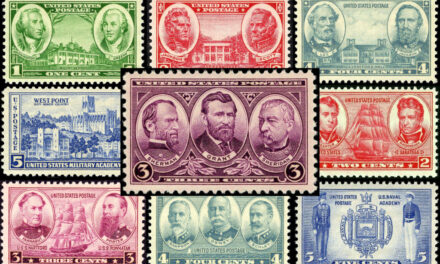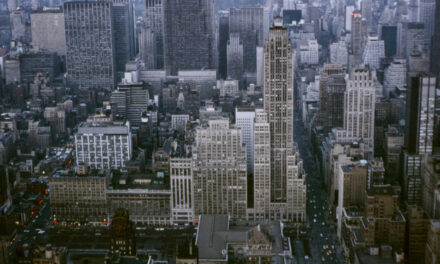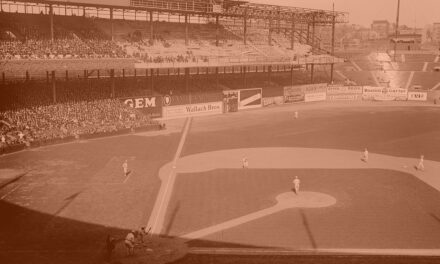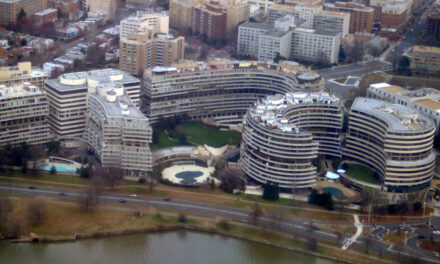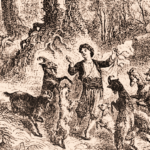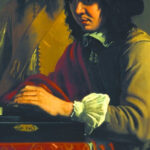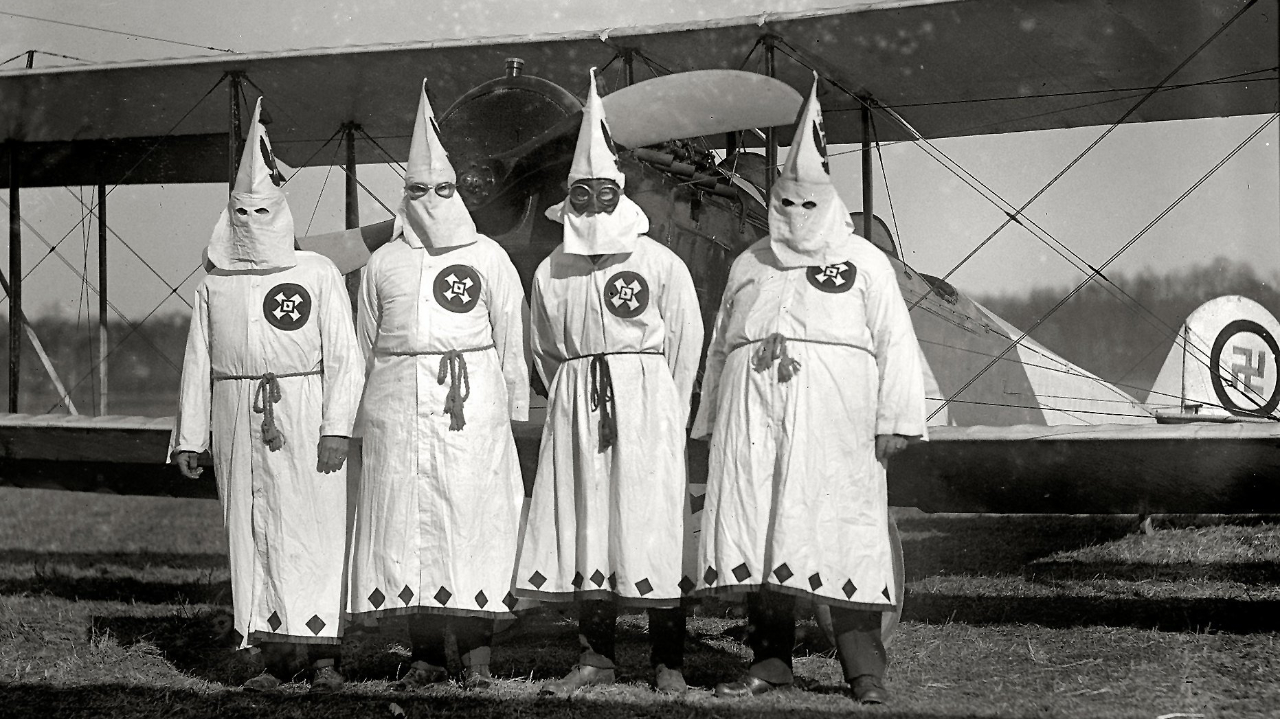
Book Review: ‘American Midnight’ by Adam Hochschild
Adam Hochschild, American Midnight: The Great War, a Violent Peace, and Democracy’s Forgotten Crisis. Published by Mariner Books, 2022.
American Midnight examines certain dark elements of life in the United States that arguably reached their nadir during the First World War and the several years that followed it. In the subtitle of the book, Hochschild calls these developments “democracy’s forgotten crisis.”
This period saw an upswing in hatred of and violence against Blacks, immigrants—especially Jews and others of so-called “inferior races” (i.e., those who were not white Anglo-Saxon Protestants), labor unions and organizers, draft dodgers and conscientious objectors, socialists, and other “radicals.” A climate of fear took hold in the country, fed in part by reports of the Bolshevik revolution in Russia, as well as economic concerns and persistent prejudices against the “other.”
Once Congress heeded President Woodrow Wilson’s call to join the war, everyone was expected to rally around the flag. Wilson created the Committee on Public Information to enlist public support. The CPI was, essentially, a propaganda agency. As one of its leaders wrote,
“‘Truth and Falsehood are arbitrary terms. . . . There is nothing in experience to tell us that one is always preferable to the other. . . . The force of an idea lies in its inspirational value. It matters very little whether it is true or false.’”
The propaganda was accompanied by a crackdown on dissent. This repression found an especially zealous advocate in Postmaster General Albert S. Burleson, who used his office to censor publications he deemed radical or ban their distribution outright. Citizen vigilante groups also got into the act. One group, the American Protective League, received the imprimatur of President Wilson and the Bureau of Investigation (predecessor of the FBI). APL members fought the “enemy” on the home front by conducting “slacker raids” and arresting men who couldn’t produce their draft cards.
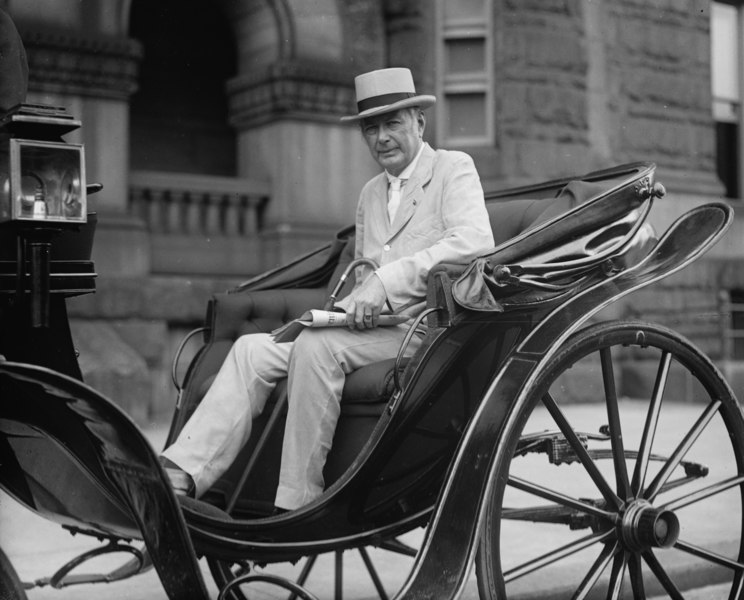
Albert S. Burleson, United States Postmaster General, 1913–1921. (National Photo Company Collection, Public domain, via Wikimedia Commons)
Meanwhile, Congress passed the Espionage Act of 1917 and the Sedition Act of 1918. These laws ramped up the legal justification for government agents to round up thousands of suspected radicals, many of whom were jailed or deported. Overt acts were not required. It was enough to express an anti-war sentiment or belong, even unwittingly, to a suspect organization.
For example, in 1918, Socialist Party presidential candidate Eugene Debs was arrested for violating the Espionage Act and sentenced to 10 years in jail. His crime? Stating that ordinary people did not have a voice in declaring war. Other prominent dissidents who were caught in the government’s net included labor leader William “Big Bill” Haywood, anarchist Emma Goldman, and socialist Kate Richards O’Hare.
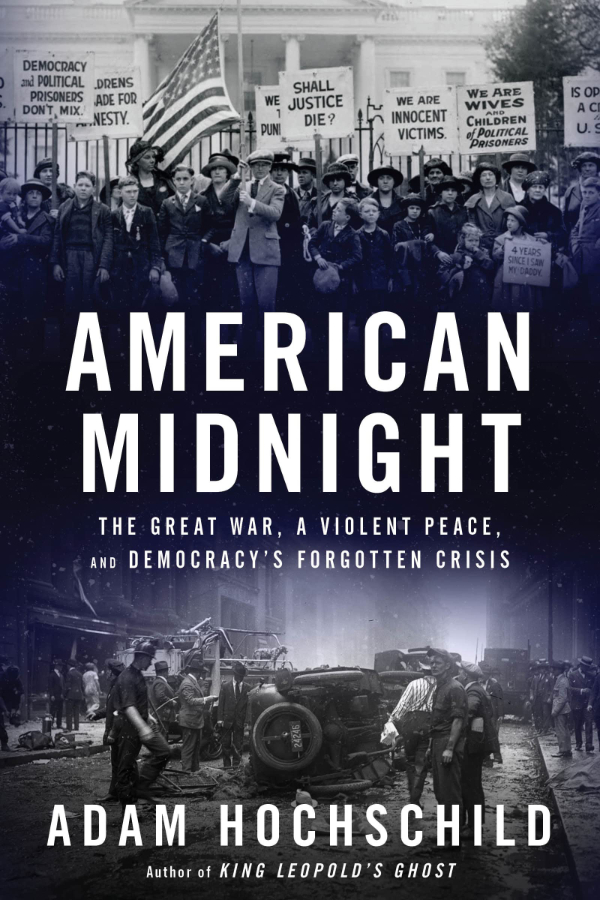
Buy ‘American Midnight’ on Amazon
As an Amazon Associate, I earn a commission from qualifying purchases
States and local jurisdictions followed suit. Educators were a particular target. The State of New York passed laws providing that teachers could lose their jobs for “treasonable or seditious statements.” The New York City Board of Education required “all teachers to sign loyalty oaths and held hearings at which students testified about what their teachers said in class.”
The end of the war did not mean the end of the government’s campaign against dissent. A. Mitchell Palmer, the Attorney General for the last two years of Wilson’s term, led a program of “Palmer Raids” against suspected “reds.” (No doubt he felt justified after nearly being killed by a bomb that exploded at his home in June 1919.) Palmer lost some momentum after a massive nationwide revolutionary uprising that he predicted would occur on May Day 1920 failed to materialize.
Where was Woodrow Wilson himself in all of this? There is no doubt that he had no sympathy for anyone who disagreed with the war, or afterward, with his plan for peace, anchored by the League of Nations. Hochschild suggests that Wilson was a contradictory figure: “the inspirational idealist abroad, determined to end war forever … and the nativist autocrat at home.” Wilson’s legacy has been tarnished in recent years, and this book does nothing to change that.
Copyright © Brian Lokker 2023. This is a slightly revised version of the review that I published on Goodreads.com on March 20, 2023.

